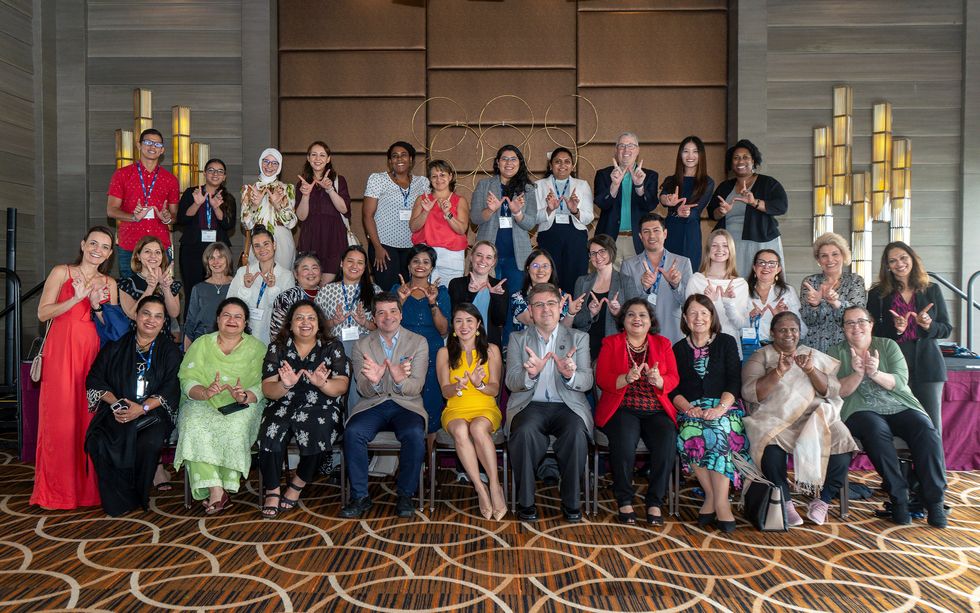Volunteering has emerged as a powerful tool for professional growth, offering benefits that extend far beyond community service. Engaging in volunteer work provides individuals with opportunities to develop new skills, enhance their networks, and gain valuable experiences that can catalyze their careers. According to Garen Staglin, cofounder of One Mind at Work, the mental health benefits of volunteering, such as reduced stress and increased levels of dopamine, reinforce its importance in personal and professional domains.
The Multifaceted Benefits of Volunteering
While many recognize volunteering as a noble pursuit, its impact on career development often goes unnoticed. Here are five key ways in which volunteering can serve as a springboard for professional advancement:
Firstly, volunteering is not limited to young professionals. Individuals at every stage of their careers can leverage these opportunities for growth. For mid-career professionals, volunteering can significantly boost confidence, allowing them to refine their skills and approach new challenges with renewed vigor. This hands-on experience can translate into more effective performance in their primary roles.
Moreover, for senior-level professionals, the advantages extend to expanding their professional networks. Engaging with diverse groups outside their usual environments fosters fresh perspectives and opens doors to collaborative opportunities. This aspect is particularly crucial in today’s interconnected world, where building relationships across sectors can lead to innovative solutions and career advancements.
Organizations as Catalysts for Growth
Membership-based organizations such as IEEE play a vital role in promoting volunteerism as a key member benefit. By effectively marketing these opportunities, they can inspire their members to invest in both personal and professional development. Even if not all members actively volunteer, the mere availability of such opportunities can motivate individuals to engage more deeply with their communities and professional circles.
The proven merits of volunteering are well-documented. Its ability to foster a sense of fulfillment, build a strong résumé, and develop new skills are just the tip of the iceberg. The deeper value lies in its potential to enhance professional growth and personal development in unexpected ways.
Each hour dedicated to volunteer work not only enriches the community but also adds tangible value to one’s career trajectory. Organizations that prioritize these opportunities are effectively providing their members or employees an essential chance to invest in themselves, paving the way for a more vibrant and committed community.
In conclusion, volunteering stands out as an impactful way to foster professional growth across various career stages. By embracing these opportunities, individuals can unlock new avenues for success, making volunteering a strategic component of professional development.
